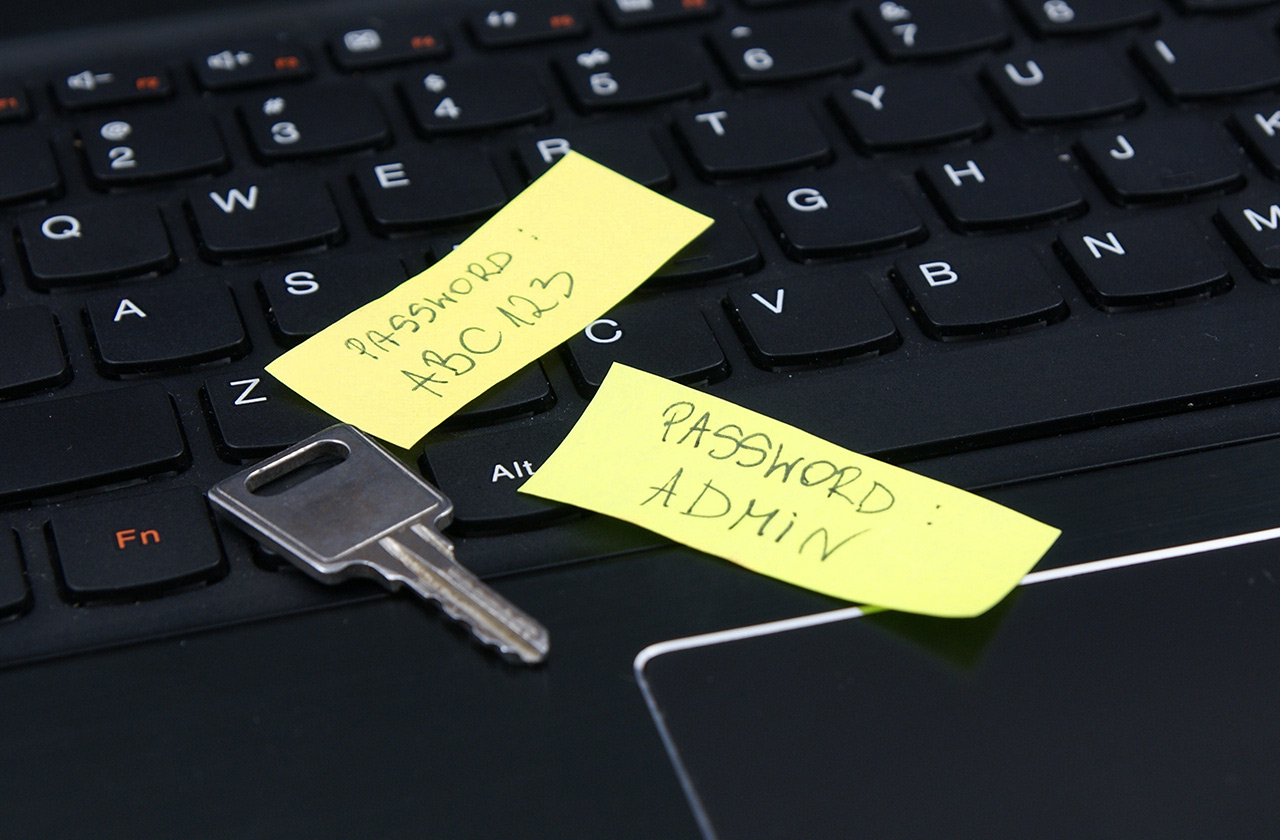Passwords have been around since the early days — in 200 B.C., the Romans used them on a day-to-day basis to organize and manage actions of military units.
With the evolution to the digital age, everyone and their grandmother has acquired a password or two. With that said, this protective measure becomes very unreliable and insecure when people use passwords improperly.
Kaspersky Lab analyzed how users protect their online accounts in a recent research study. As it turned out, almost one third of those surveyed have two or three similar passwords for ALL of their accounts. Moreover, one in seven respondents uses ONE password for all of their accounts.
What is two-factor authentication and where should you enable it? http://t.co/WSvDc9oSvb #passwords #privacy #security
— Kaspersky (@kaspersky) June 9, 2014
Aside from the quantity issue, there is also a problem with the quality of combinations used in passwords. One out of 10 respondents come up with passwords that are less than eight characters in length. On top of that, many people (12%, to be more precise) do not use capital letters, figures and/or special characters to improve their passwords. Such combinations are not secure at all.
Bad, right? But wait, there is more! Only a few memorize their passwords. More than a half of respondents store them on a piece of paper, on their phones or in text files on their computers. Approximately a third of users surveyed save passwords in the browser to benefit from quick login feature.
25 worst #passwords of 2014… little has changed. https://t.co/aGu3Q3j9Qv pic.twitter.com/VB0TRUbutZ
— Kaspersky (@kaspersky) January 22, 2015
Please, remember: if you use one password for all of your accounts, criminals need to hack only one of them to get all they need to compromise all of your other accounts.
Perhaps the scariest thing uncovered by the survey is lack of awareness in regards to safety. A quarter of respondents believe that they are safe, as they keep nothing important on their devices. Unfortunately, culprits do not only hunt for corporate data or government secrets: passwords and logins of every user are in themselves a favorite target of cybercriminals. Depending on their skills, culprits will find a way to use stolen login credentials: for example, they can hack your Internet bank or just use your Facebook account to spread viruses and spam.
Do your employees know the importance of a strong password? Tips on #education https://t.co/jVKXcJ1vWm https://t.co/P9Pm0SGc4n #infosec
— Kaspersky (@kaspersky) December 1, 2015
Even if you still don’t worry about yourself, it’s time to understand that your weak password can put at risk your friends, relatives, colleagues, business partners and so on. Here are three simple rules, which you should take into account.
- The myth, that it’s hard to invent and remember reliable password is only a myth. There are some methods, which help to invent and memorize several unique passwords at once.
- You need to pay special attention to the safety of your main email address, as the access to other accounts you can recover with the help of email notifications. You can secure your email with the help of two-factor authentication
- Do not store your passwords on a piece of paper, on your hard drive or any other device. It’s not secure. Memorize them.
#Lifehack: Treat your passwords as delicately as you treat your underwear https://t.co/D7dUnLC8z3 pic.twitter.com/OsMU987fwy
— Kaspersky (@kaspersky) November 26, 2015
If you see that you lack time to get accustomed to strict security rules, use special software. Kaspersky Password Manager is already built into the Kaspersky Total Security solution. It can also be used as a standalone service as well. This component was developed to help users easily and securely log into social networks, email accounts, Internet-shops and other web resources.
Kaspersky Password Manager creates reliable combinations, remembers them and automatically inserts passwords each time when you need to log into this or that service. Besides, this software works on all popular platforms like Windows, Mac, Android and iOS.
 tips
tips

